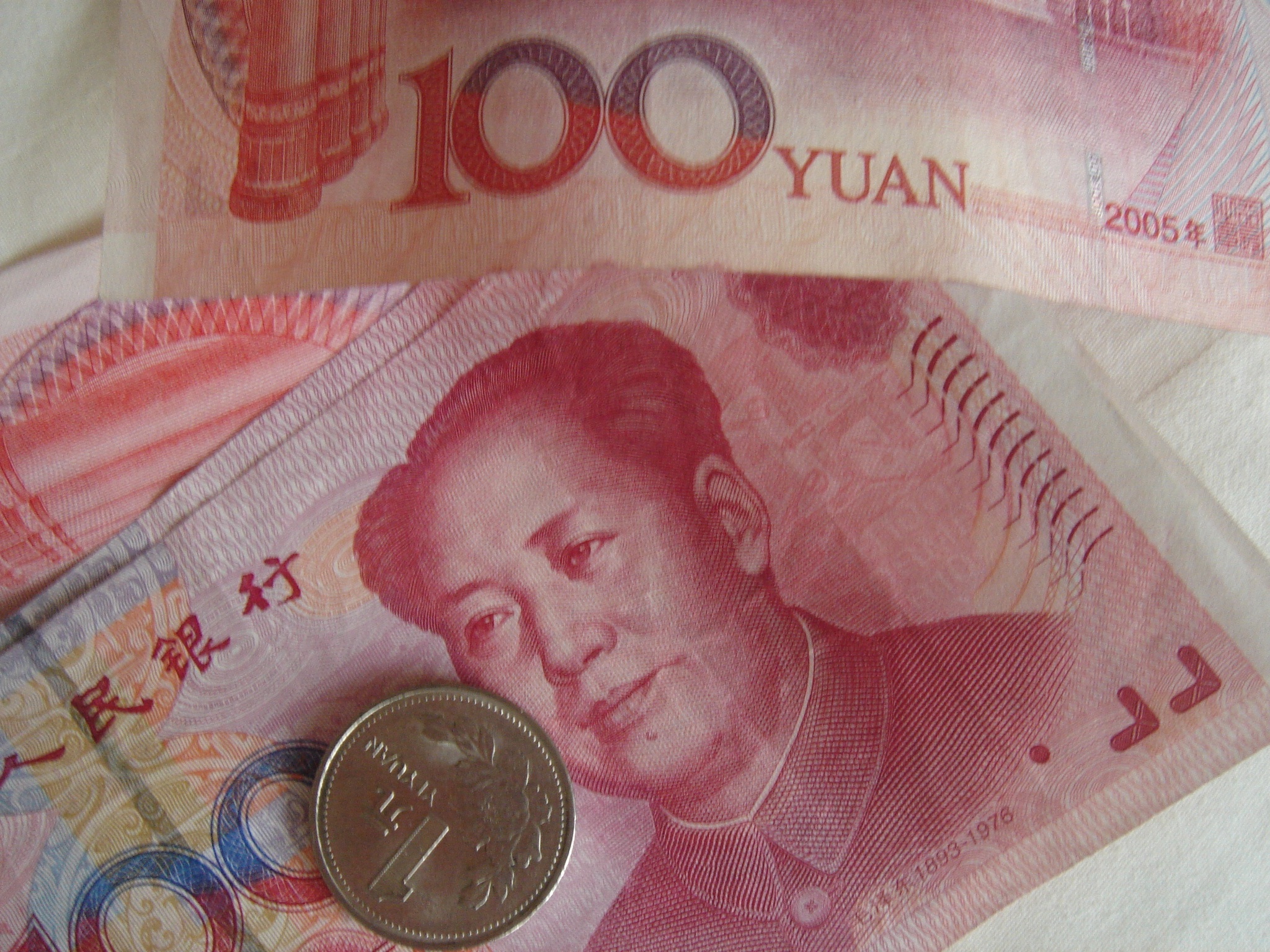The devaluation of the Chinese renminbi (yuan) raises serious implications both economically and politically. The mere fact that a peg exists allows for political criticism, as if this were some currency war. First, China devalued the renminbi for its economy to remain on an even keel in an attempt to keep growth and employment high. Secondly, China acted to make its currency a preeminent global currency, which helps to promote the country’s diplomatic goals and solidifies the country’s centrality to the global economy. However, these two goals can also emerge in conflict with one another.
Currency pegs are dangerous for they can produce the wrong political implications. A 5% swing in currency value is no big deal in the markets as with dollar/euro. However, simply because China has a managed float (peg) they run the risk of facing accusations for creating a currency war with just a 2% adjustment. Pegs can overshoot as well as undershoot and either can be economically disruptive. We saw what happened to the Swiss peg and the pegs in Southeast Asia that facilitated the Asian Currency Crisis of 1997. In both cases, governments lost a fortune because pegs provide a stop loss to foreign capital.
China should move to a full float now for the high in the renminbi (yuan) took place with a 19-year decline in the dollar forming the 2013 low. The majority seems surprised by the dollar rally (devaluation) only because they seemed to have overlooked the fact that the low was clearly made in 2013 when an uptrend was already in motion.
China was wrongly blamed for the devaluation when in fact the trend was already in motion in the market and the economy. Floating the renminbi now will eliminate the blame that the trend is manufactured by China when in fact this is a dollar bull market unfolding globally.










